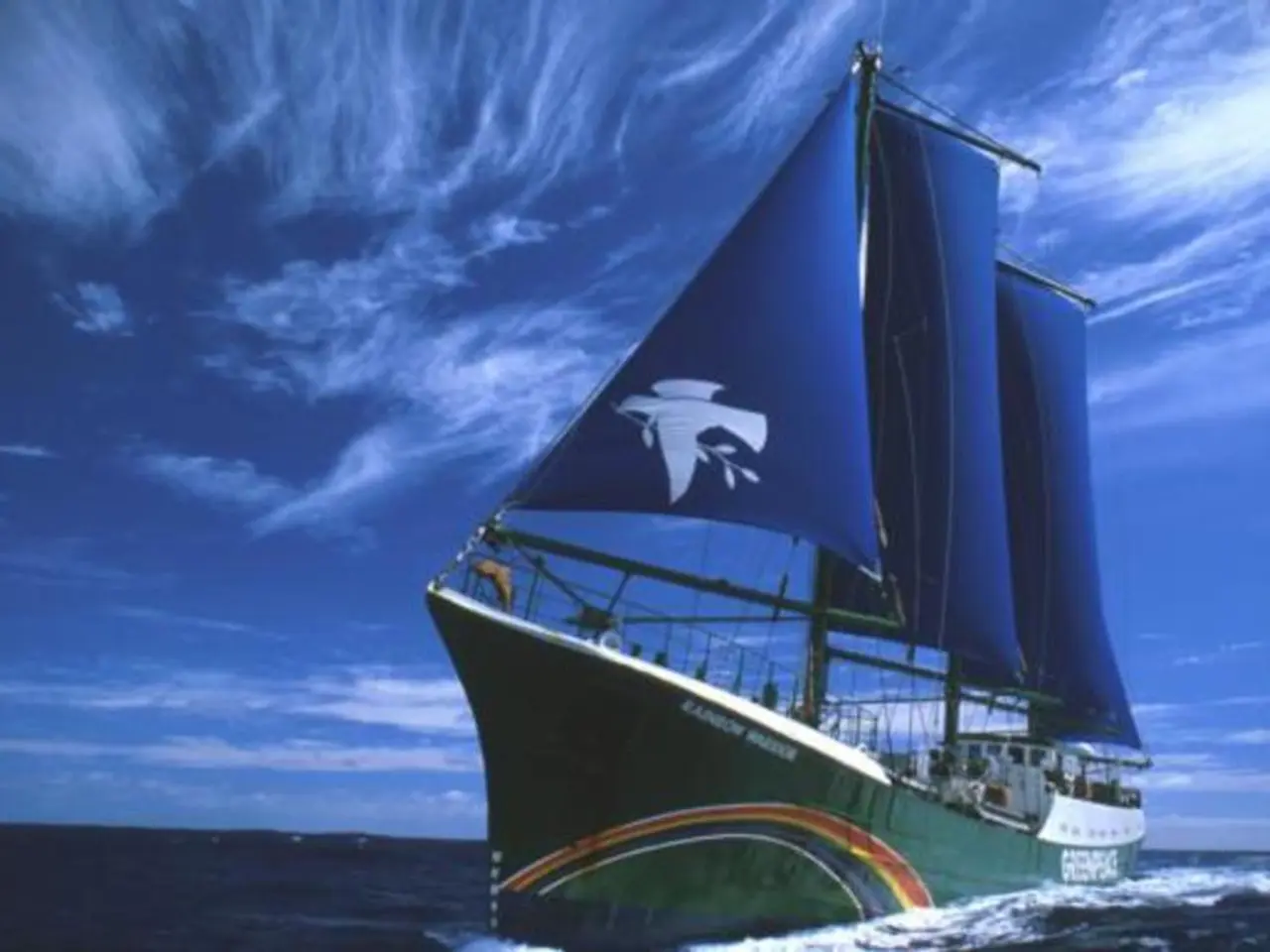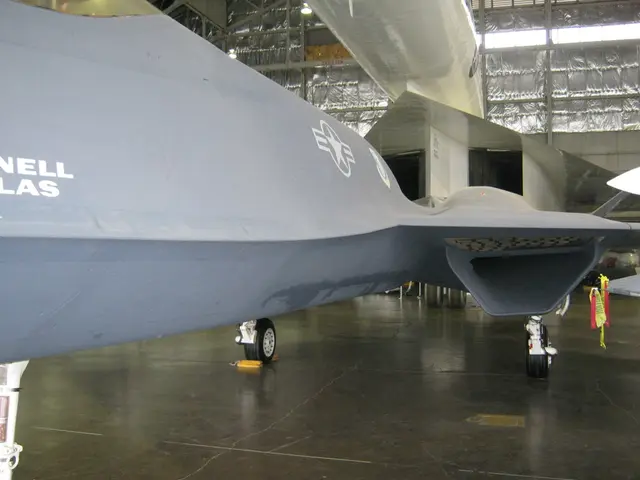Blue Origin Retires New Shepard Capsule After 12 Successful Missions
Blue Origin has retired its New Shepard capsule, RSS H.G. Wells, after 12 successful uncrewed missions. The final flight, NS-35, carried over 40 research payloads but no people, reaching a peak altitude of 105 kilometers. The mission, originally planned for August 23, faced delays due to avionics issues. Despite these setbacks, the capsule achieved its typical flight profile. RSS H.G. Wells has been Blue Origin's workhorse for nearly eight years, flying exclusively cargo missions while newer crewed capsules were introduced. Its final flight included student experiments and payloads from various institutions. One notable mission, NS-23 in 2022, experienced a propulsion module failure. However, the capsule landed safely, demonstrating its reliability. Blue Origin will now use the retired capsule for verification testing before displaying it at an undetermined location. The company will continue to fly payloads on its other New Shepard capsules. Blue Origin's retirement of RSS H.G. Wells marks the end of an era for the capsule that has served reliably for nearly eight years. Its final mission, NS-35, carried a significant number of research payloads, contributing to scientific progress. Blue Origin's continued operations with other capsules ensure ongoing support for space research and development.
Read also:
- Canadian Space Agency Monitors Starlink Satellite Debris in Saskatchewan
- Europe Leads in Digital Agriculture Patents, Germany in Second Place
- GE Aerospace's ATLAS Project Boosts Military Capabilities with Successful Ramjet Flight Tests
- Aerospacelab Secures €131.5M in Funding to Boost Satellite Production and Expansion








